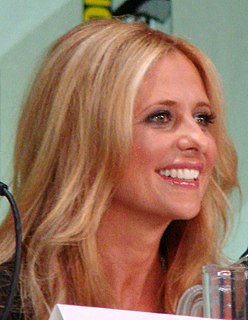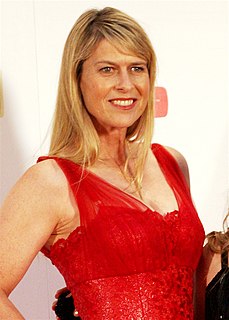A Quote by Angela Duckworth
I'm so much more gratified by my life now that I have an expertise. I wake up every day thinking about a fairly small set of scientific questions all related to the psychology of achievement, and I'll never get bored of those questions. That's something I couldn't say to you when I was 22 or 25 or probably even 31.
Related Quotes
The great philosophers of the 17th and 18th centuries did not think that epistemological questions floated free of questions about how the mind works. Those philosophers took a stand on all sorts of questions which nowadays we would classify as questions of psychology, and their views about psychological questions shaped their views about epistemology, as well they should have.
have a much harder time writing stories than novels. I need the expansiveness of a novel and the propulsive energy it provides. When I think about scene - and when I teach scene writing - I'm thinking about questions. What questions are raised by a scene? What questions are answered? What questions persist from scene to scene to scene?
Both of my sisters have been teachers and they used to say you get asked between 300 and 600 questions every day which you have to answer. That's exactly what directing is. And the vast majority of those questions are not very interesting really, but they need somebody to make a decision - a good one or a bad one - and they follow it.
Whenever I'm giving talks, I always ask people to think of the most obscure questions because I enjoy those the most. I always get the same questions: Why does Pickwick say "plock" and will there be a movie? I like the really obscure questions because there's so much in the books. There are tons and tons of references and I like when people get the little ones and ask me about them. It's good for the audience [and also] they realize there's more there.
Grief is never something you get over. You don't wake up one morning and say, 'I've conquered that; now I'm moving on.' It's something that walks beside you every day. And if you can learn how to manage it and honour the person that you miss, you can take something that is incredibly sad and have some form of positivity.
I ask two questions when I am confronting life on a moment to moment basis when something important is happening. (1) What is factually happening right now? (2) What does my soul know about this and want me to know about this? It is amazing that when I give myself 20-25 seconds to seriously consider these questions, almost instantly I will arrive at a deeper awareness and a richer understanding of what is happening right now - from the soul's level of awareness.





































